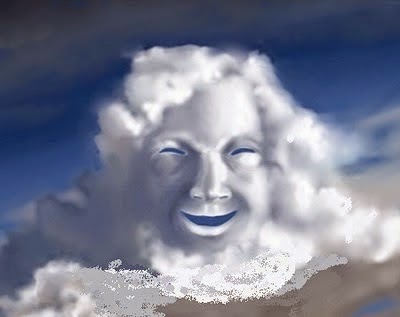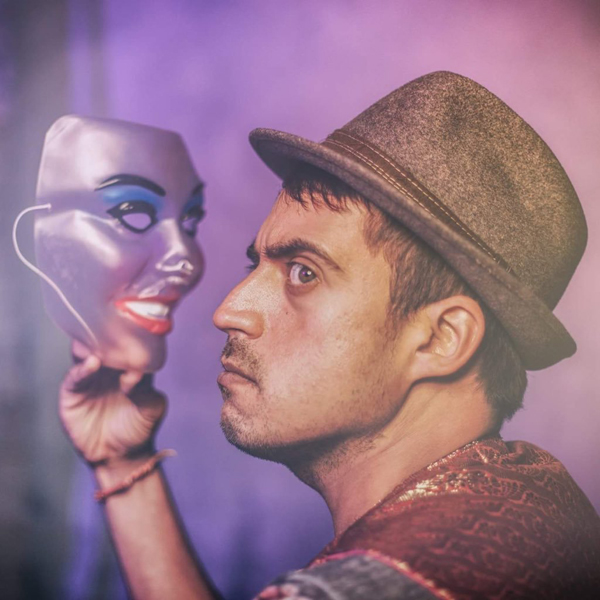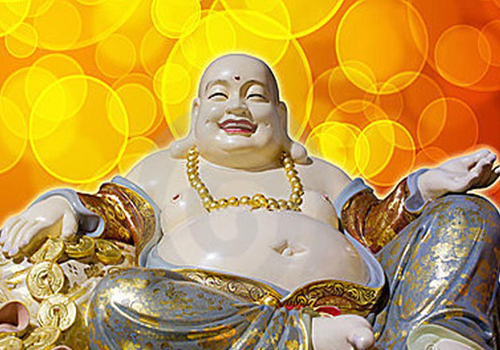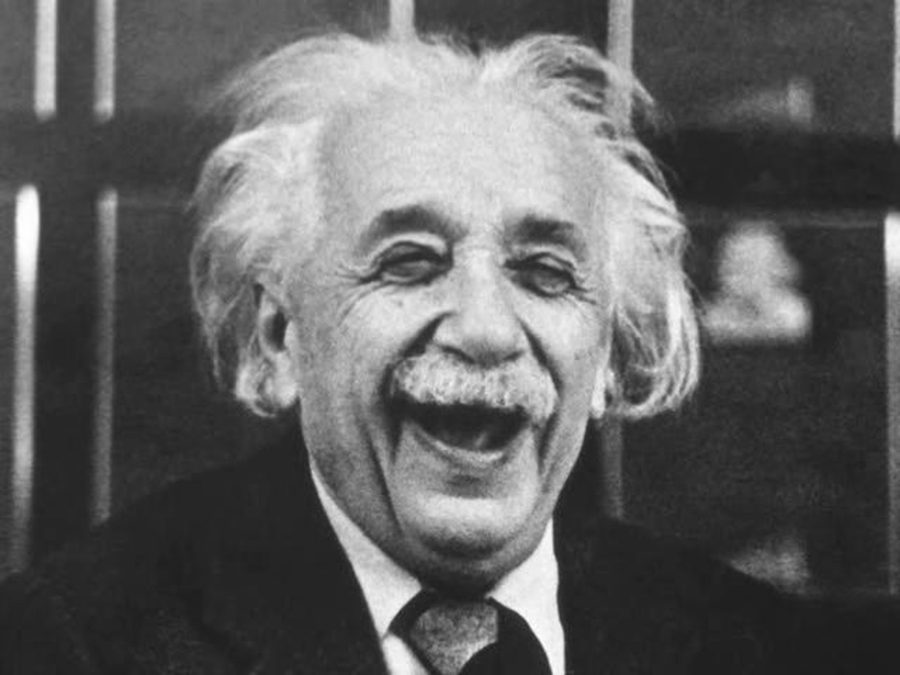
Zero point energy (Inner.G)
March 25, 2019
GOD the forbidden word
April 8, 2019Humour plays YOUmore
If humor was one of the keys to open up the door of happiness and the gateless gate of your Higher Self!?
Evacuate stress, reduce blood pressure, strengthen the immune system, reduce pain, be positive … these are not the effects of a new miracle drug, but those of a technique we all know: laughter!
Let’s have a look on a scientist perspective of 12 main advances of laughing but before that let’s have a quick cultural perspective:
Today is the most important day of your life (it is not a joke J) the 1st of April we celebrate the most worldwide joke referring to 1564 for which Charles IX decided to apply the beginning of the year on the 1st of January instead of 1st of April (around 21st of March corresponding to the equinox, spring celebration: the rebirth of nature). So by a reaction to protest against this “stupid” artificial law people kept on doing the tradition of 1st of April as the beginning of the year and to laugh about this new rule by doing a maximum joke of this human power. Then this French tradition has been retaken all around the world. We can consider that the 1st of April is the celebration of the “past new year” by laughing and implying that each day is a non-birthday and just a Big Joke as bit an announcement of in the future in the new paradigm we will laugh about our former way of living sometimes as unhuman robot lost in our prison of fears (in which walls exist because we gave them a reason of being…)…
Referring to that point Osho said wisely” “Life as such has to be taken as a cosmic joke – and then suddenly you relax because there is nothing to be tense about. And in that very relaxation, something starts changing in you.”

This is indeed one of the ways of the all wisdom all around the world, thanks to detachment, we can just realize that life is a gigantic playground and we are here to experience life and enjoy it, have fun on it and to understand this is just a cosmic joke. The great philosopher Waslavic said, “life is a game for which the first rule is to say that it is not a game”. So let’s play… what do we have to lose? Game over! “The same player, play again”… When you apply that philosophy of detachment, an enormous load leaves you and you live light and thereby more enlightened. That’s why another way on your inner journey by extension of laughter is finding back your “inner child” to play live, to understand we are just actors and co-scenarist of the masquerade of the greatest piece of theater. The roles we play are a part of our personality (“persona” in Greek means “masks” referring to ancient drama theater) but it is up to us to change the character you are, the story you live…

If I continue a bit on my cultural reference according to all the esoteric references all messengers (known and/or unknown), Light holders had a deep sense of humor: Abraham, Buddha, Lao Tsi, Moose, Jesus, Muhammad…

even if some institutions preferred to avoid to shed light on this point and remaining opaque and obscure.

Let’s just focus on one messenger the Buddha Laugh (which is one ability of The Buddha, “the illuminated/enlightened”, perceived as an example not as a finality, his reason of being was not to shine but to enlighten people to help them to find their own Light…),

He just shows the light approach of life: the lightness of the detachment by derision. Even humor is sacred to a certain extent as all kind of creation is. All experience is an occasion, a celebration, a way to discover what you are deeply (by example and/or contrast).
Mozart said “I do not like people who do not have the sense of humor” they are not serious persons.

If I can afford I always said: “as a deep believer I believe that God has an internal sense of humor and even created the humankind at His image by auto-derision.”
And if I had to conclude this cultural reference with a more down to earth perspective I would quote Sami Michael who said wisely “No tomb, no synagogue, no mosque, no church are more sacred than the cries of joy from kindergartens.”

So concretely why Humour plays YOUmore? 12 keys based on the scientist vision
1) Laughter is a sport
Laughter mobilizes most of the muscles of the body: from the face to the limbs! According to Dr. Henri Rubinstein, laughter is a “stationary jog” because it provides the same effects as a moderate traditional exercise. It is soft and deep, and above all is much nicer, and easier to put into practice. This real movement of the muscles creates a massage of the ribs, a work of the diaphragm.
2) Laughter is a respiratory technique close to yoga!
Laughter has a characteristic effect on breathing: the amplitude of the breathing rate and the amount of air inspired/exhaled increase. When laughing, the inspiration is deep. In addition, laughter is an intense expiratory phenomenon that is to say that when we laugh, we empty all the air contained in our chest: thus we increase the volume of reserve air. These features of laughing breathing are close to those of yoga. Laughter cleanses and releases the upper airways, like coughing, and promotes among other things the elimination of residues in the lungs. The volume of expelled air is highest during laughter, which causes total detoxification of the lungs.
3) Laughter helps us to better digest:
Indeed, even if you do not necessarily realize, the best way to digest a big meal: it’s good to laugh! Indeed, laughter, thanks to the contraction of the abdominal muscles, brews the digestive tract in depth, the place where the nutrition of the body is developed. This strange phenomenon also causes jerky contractions of the stomach and intestine, thanks to the movement of the diaphragm. Thus the stomach, the colon, the small intestine, or the duodenum … are massaged, and their digestive motricity is optimized. This phenomenon also explains why laughter fights against constipation. In addition, laughter has consequences on the parasympathetic system and generates an increase in the secretion of saliva and digestive juices, necessary for digestion. In addition, laughter enhances digestion.
4) Laughter: a powerful painkiller:
Pain represents today 60% of the reasons for medical consultations. Yet a simple and pleasant way helps to fight against pain: our laughter! Not laughing at our pains but laughing to fight them: yes it is possible! We have all heard that to treat a child who had just fallen, we must make him laugh! It is even said that a significant increase in pain tolerance was noted up to 30 minutes after the screening of a humorous film. Let’s see what mechanisms come into play in this incredible benefit: Laughter acts on pain through four mechanisms:
5) Laughter, an anti-stress:
Stress is a reaction of the body to extreme or significant stress or psychological stress.
In general, stress activates a hormonal and nervous process based on a state of alert, which explains the increase in heart rate and state of alertness. Sometimes stress can be beneficial (exam preparation, reaction to a dangerous situation …) but can unfortunately also lead to a bad situation (bad stress), which can lead to ulcers or various psychological problems (fatigue, sleep disorders, depression).
The main result of stress is a predominance for the sympathetic system on the parasympathetic system. During a state of stress, the effects on the body are numerous and fast: the heart beats harder and faster, the vessels that supply the digestive tract contract and delay digestion, the oxygen supply is increased, the breathing is stronger and ampler, the muscles are tense … All these known effects of stress are a warning of the body, which can be very dangerous in the long term and can lead to deadly pathologies, such as myocardial infarction, high blood pressure…
6) Laughter and sleep:
The psychic life is continuous: the awakening phase is prolonged by the phase of sleep. The waking and sleeping states are not radically cut off from each other. The systems of these two states depend on different neurotransmitters.
The sleep system depends on serotonin, which controls falling asleep and slow sleep. The arousal system is dependent on norepinephrine and dopamine.
After, for example, an evening spent laughing, the awakening system strongly stimulated by laughter will need to recover and give way to the serotonin of the sleep system.
7) Laughter is good for the heart:
Intensified breathing during laughter changes the heart rate. The heart begins to accelerate, then slow down (in a relaxation phase dominated by the soothing influence of parasympathetic), the heart rate decreases lastingly until reaching a low frequency. In addition, the arteries relax and the caliber of the blood vessels increases, thus lowering the arterial pressure. It is, therefore, an effective weapon in the prevention of heart attacks, used in many American hospital cardiology departments.
8) Laughter for the good functioning of the immune system:
“Laughter is beneficial to the immune system through several major mechanisms:
1 ° / an influx of cells of the immunity (lymphocytes) at the level of the pulmonary alveoli by the increase of the ventilation, which prevents and cures the infections.
2 ° / A general antistress mechanism that strengthens the defenses by delaying the wear of the body.
3 ° / By creating a psychological barrier against attacks of any kind. This barrier, which is above all an optimistic way of seeing things, prevents the creation of deadly mechanisms, which, themselves, are responsible for lower defenses, and therefore diseases. ”
9) Laughter relieves people with skin problems:
A study was conducted with people suffering from eczema. The authors studied the effect of viewing a humorous video in comparison with a documentary. All subjects who saw the humorous video experienced a significant increase in their rate of dermicide (an antimicrobial produced by the salivary glands, which is low in people with eczema). The viewing of the documentary resulted in no change. The authors conclude that laughter could increase the antimicrobial properties of saliva while proving to be an interesting avenue in the treatment of eczema.
10) Laughter and longevity:
It has been proven that stress promotes and accelerates the aging of the body. We previously explained that laughter was an excellent antistress, and also lowered blood pressure. Laughter would be a good way to dominate one’s tensions, enjoy (at work for example), balance one’s activity between sport, work, leisure, and emotional life, and therefore live better and longer.
11) Laughter improves the condition of people with schizophrenia:
Studies have evaluated the effect of humor and laughter in patients with schizophrenia. Participants watched a funny movie a day. The results revealed decreased anger, anxiety and depression and improved social skills. Researchers believe that the positive atmosphere created by humor could improve the links between the treating staff and patients. Contraindication: humor and laughter may appear to have no side effects.
12) Laughter and intellectual activity:
Laughter by triggering the production of catecholamines generates brain endorphins, chemically close to opiates such as heroin or morphine: Immediately, the levels of anxiety and nervousness drop, the mind is awakened: laughter facilitates the awakening of the mind and learning, improves memory and develops creativity. Some researchers even believe that genius is linked to overproduction of catecholamines.
In Shambali you will experience through many ways this laughing therapy and the concept of regaining your inner child to be able to manage it in your daily life.
Issa ~ AM

